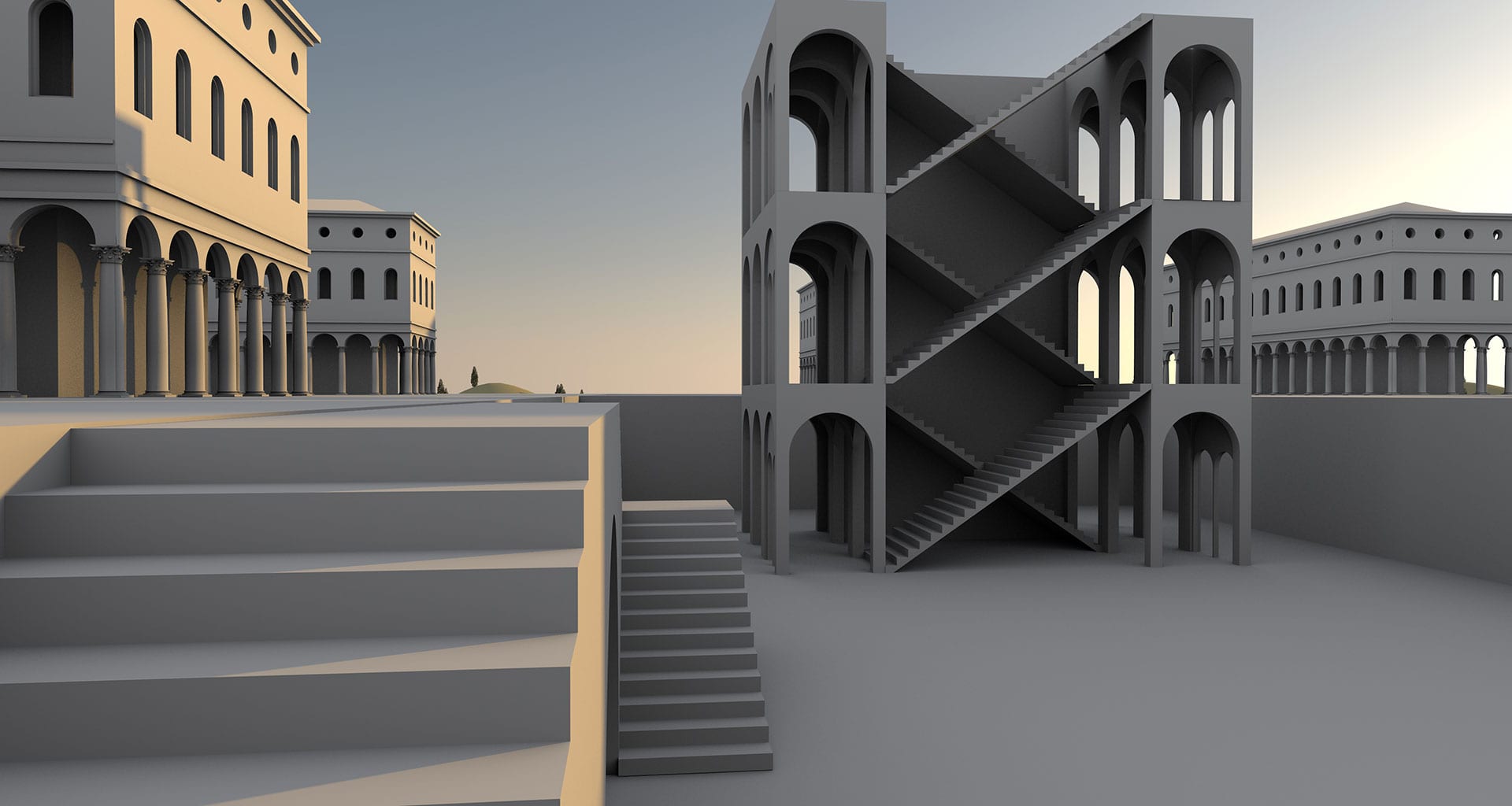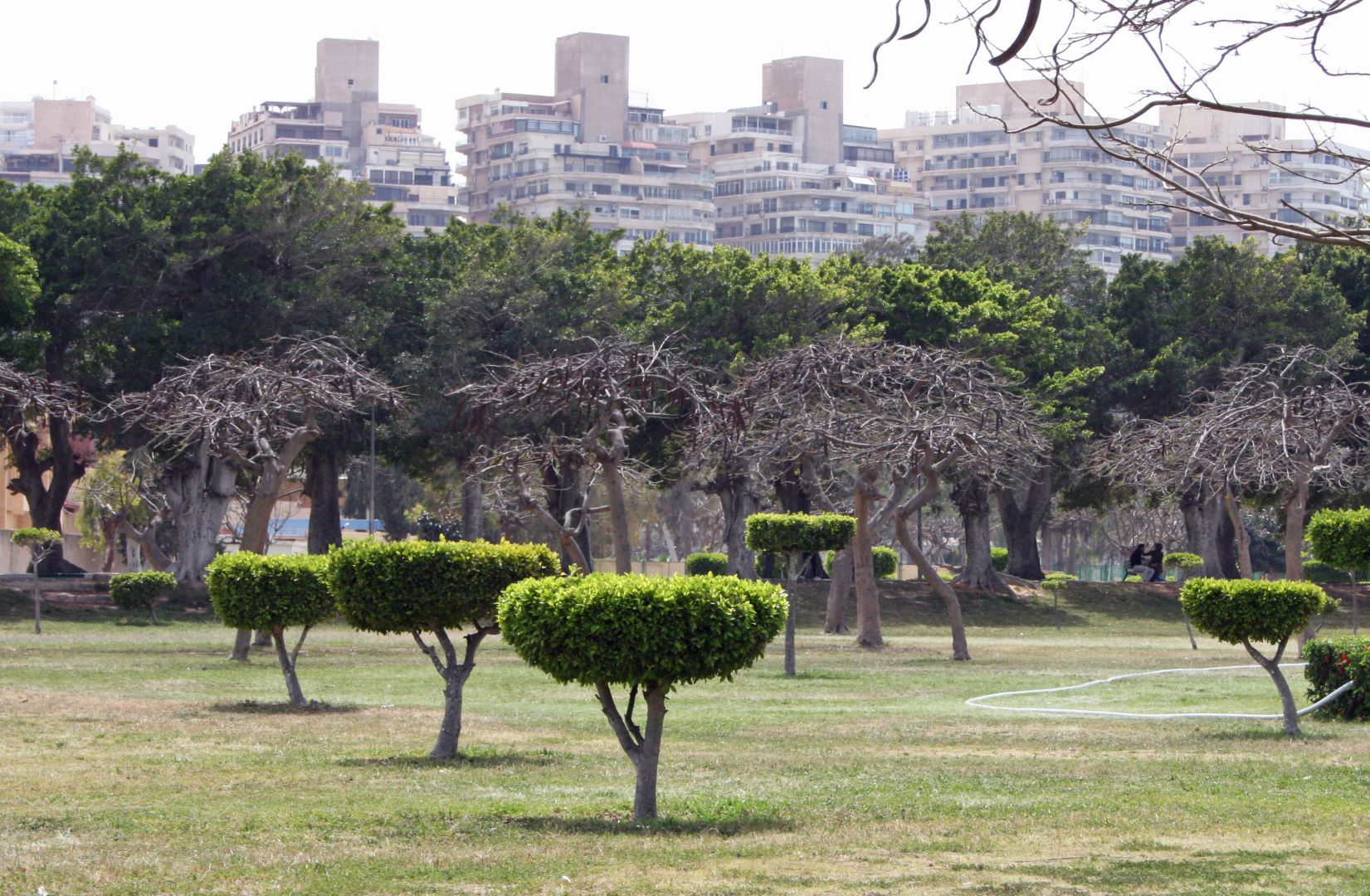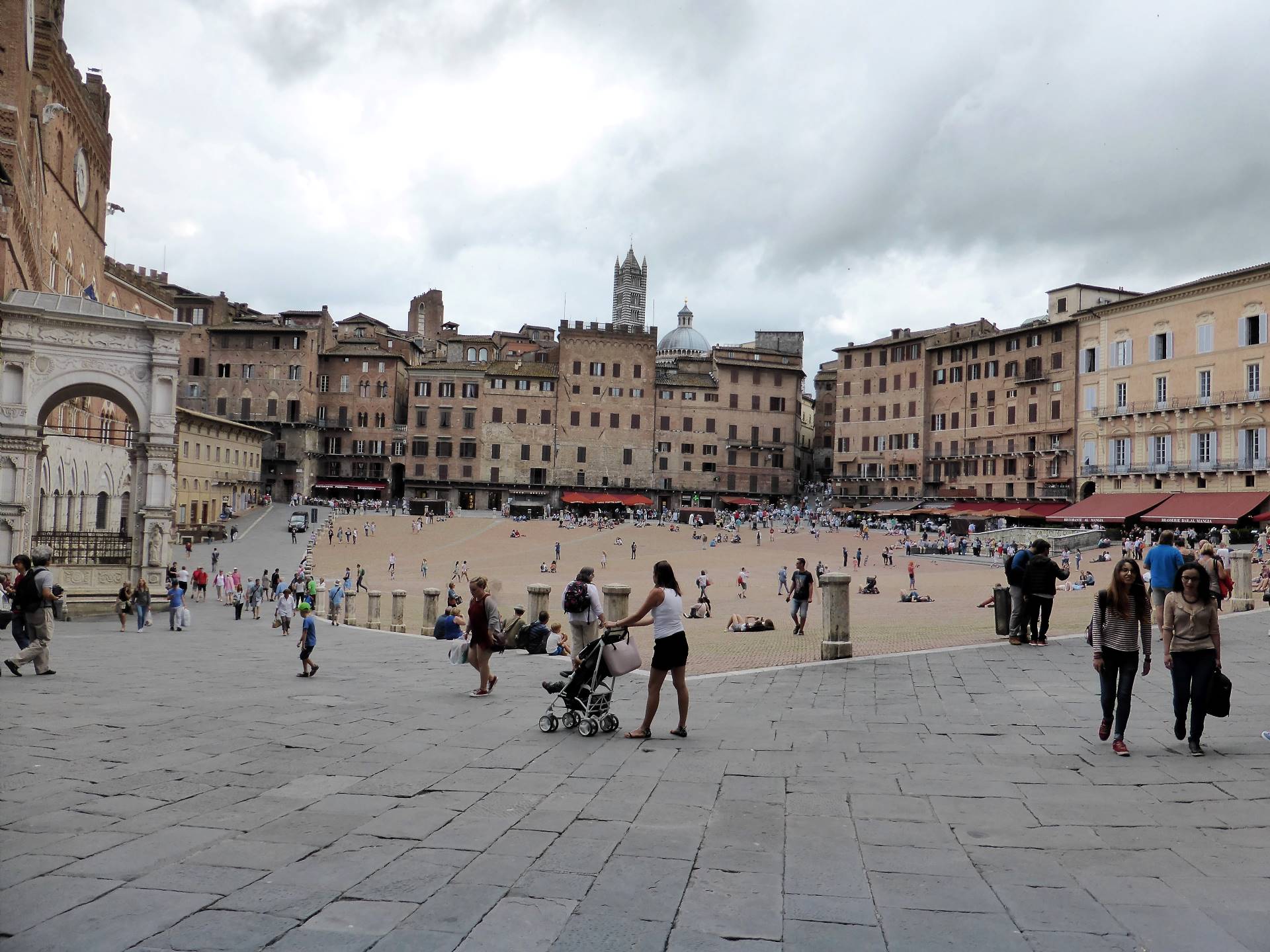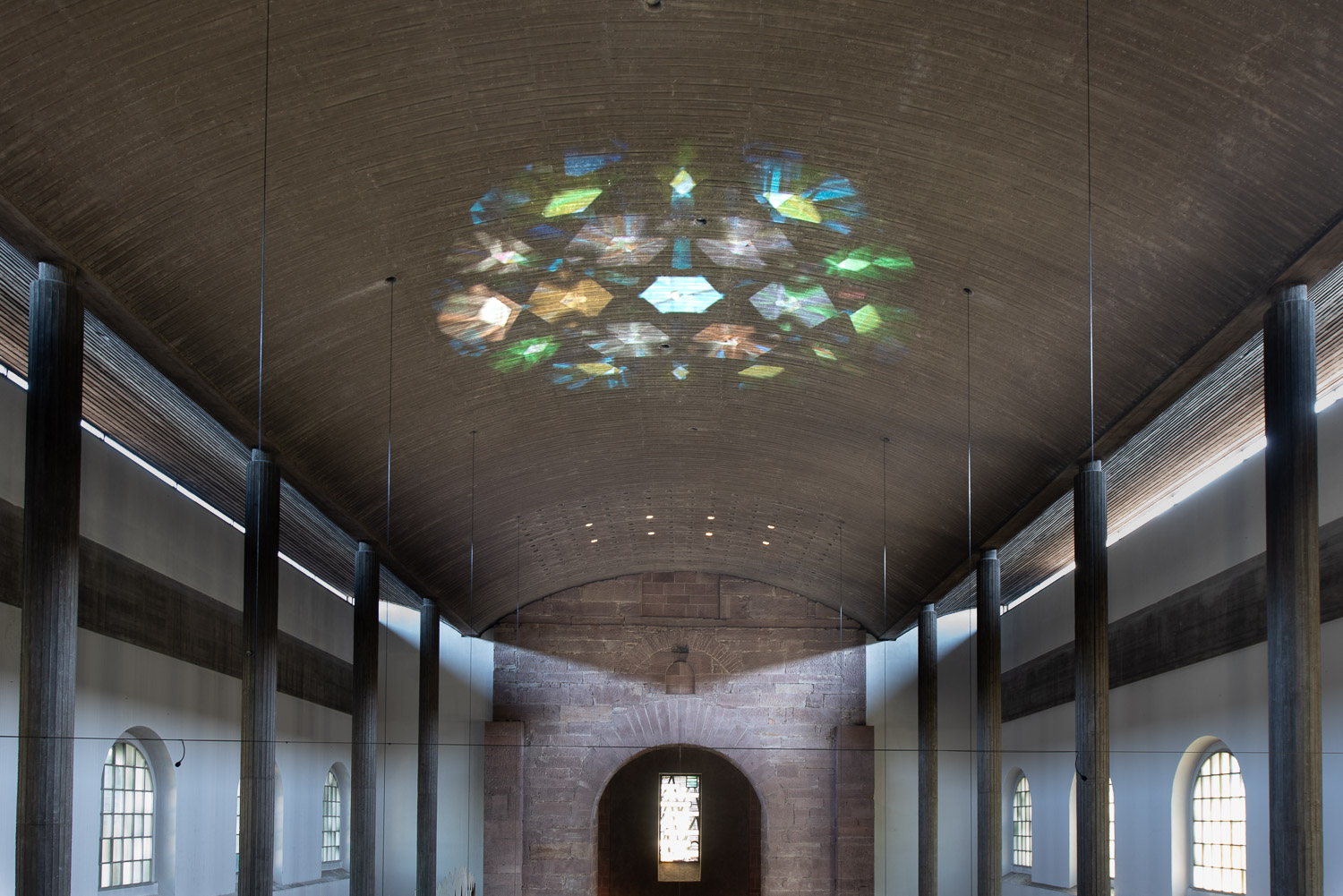Category: All articles
-

Editorial
Urban Eidos: A New Open Access Journal by the Ideal Spaces Foundation
-

Flight from the city – Love for the garden
In an often quoted passage from his famous Epigrams the Roman poet Martial described in the first century A.D. the urban surroundings of his flat on the third floor of a narrow labyrinth of streets and houses in Rome.1 He dreamed of a nearby little square named At the pear tree as his own. Thus…
-

Ideal Space and Inclusion
Inclusion is essentially about building communities. If design is to be considered a tool for creating inclusion, architecture is a specific form of design. The aim is to design a space for the community in question, a space as a place for the members of that community.
-

Making Skopéin – an autoethnographic report about the interplay between space and media art
Art installations that engage in a dialogical relationship with their surrounding environment, transcending the confines of an isolated existence, demand a nuanced articulation of the dynamic interplay among the artwork, the spatial context, and the observer. The following report endeavors to delineate and investigate the central elements of reception and the aesthetic of production pivotal…